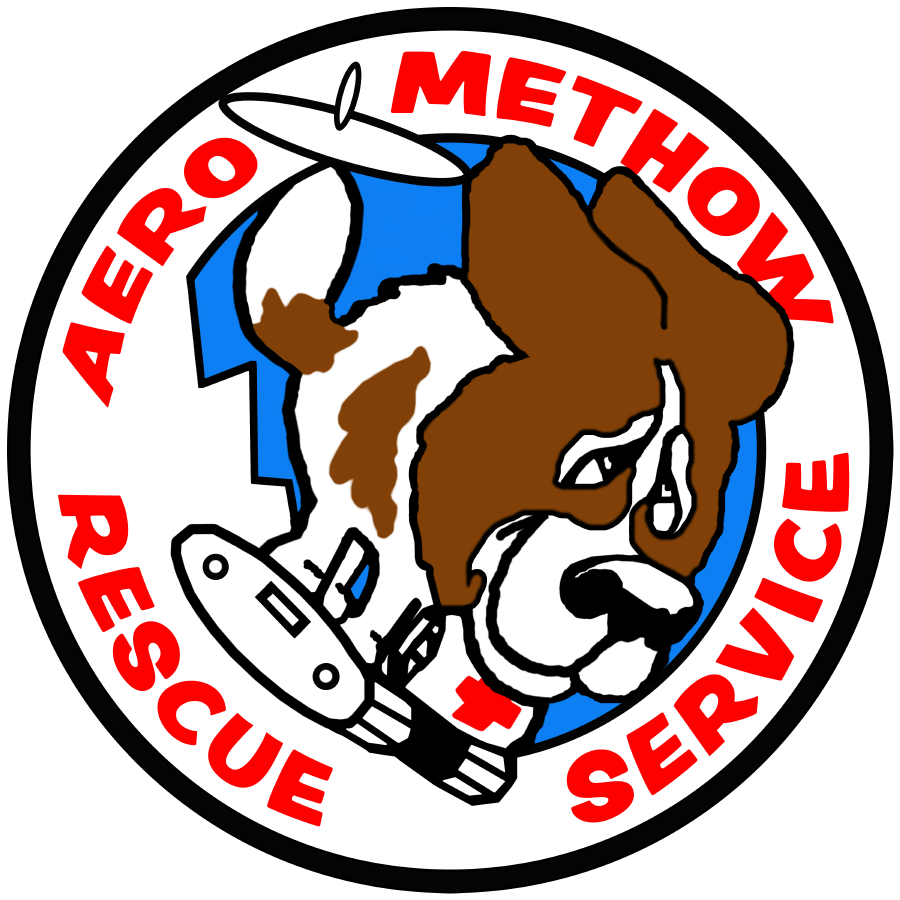Emergency Medical Responder (EMR) 48-60 hours
What is EMR?
EMR used to be known as First Responder. The classifications of Washington State Department of Health levels of emergency medical services training in order of hours of training and levels of responsibility are: EMR, EMT, AEMT (Advanced EMT) and Paramedic.
What does it cost?
The student pays for the textbook and online access, American Heart Association Healthcare Provider Basic Life CPR Course and NREMT testing fee as well as travel to the testing site.
When is the class?
Classes are scheduled based on community interest and our needs.
Where is the class?
At the Aero Methow Rescue Training Facility in Twisp.
I am planning to be gone for some of the classes. Can I still take the class?
No. All classes are mandatory.
What are the requirements to become certified with the State of Washington?
Take a state approved class (Aero Methow Rescue Service EMS classes are state approved)
17 years old
Official Photo Identification—driver’s license or passport
Provide proof of EMS agency association
Clear Washington State Patrol background check
Upon completion of the course, pass a National Registry EMT (NREMT) computerized exam administered by Pearson Vue at designated exam sites
Will I be eligible to volunteer with Aero Methow after I become certified?
Yes, if you meet the requirements of a volunteer as stated above. As an EMR you can attend to the patient on scene and in the back of the ambulance with an EMT or Paramedic. When you have successfully completed driver training with Aero Methow, you can also be responsible for driving and transporting the patient to the hospital.
How can I volunteer and what are the expectations?
The requirements are:
Be certified in the State of Washington at least at the level of Emergency Medical Responder
Have no lifting restrictions
Be able to read, write, speak and understand English at a high school level
Be available for 12 hour "on call" shifts to respond to 911 calls, at least 4 times per month
Be within 5 minutes of the Twisp or Winthrop ambulance stations while on call. This means you either have to: live close to town, or if you work in town you would have to be able to leave work immediately, or you may spend your shift at the Twisp Station with the on call crew. If you choose to be on call at night and do not live within 5 minutes of the Twisp or Winthrop stations, you may stay at a house near the Twisp station owned by Aero Methow that we call Toni's.
Be available to occasionally volunteer as part of a standby crew at special events (sporting events, rodeos, races, etc.)
Attend monthly meetings/training — the 3rd Monday of the month at Aero Methow Station in Twisp.
Complete driver training through Aero Methow Rescue Service (no additional charge)
Pass Washington State Patrol and Office of Inspector General background check
Submit a Washington State Motor Vehicle Report without significant violations
Submit 3 references regarding your ability to work well with others, your reliability, dependability and ability to perform duties in stressful situations with minimal supervision
Be current on immunization and submit a negative TB test
Will Aero Methow pay for the class?
No. The students purchase the textbook and online access, AHA BLS CPR course and NREMT Exam.
Will it cost me anything to volunteer?
Aero Methow Rescue Service makes every effort to minimize the cost to the volunteers.
We provide one uniform (if you are active we will provide an additional uniform), a radio, your vaccinations (Hepatitis B) and meals for transports that span the time of a regular meal.
We provide the required training to maintain your certification.
Aero Methow Rescue also pays for going on a call, standby or rescue. This is a nominal amount that is far below minimum wage (so we can still call you a volunteer) but amazingly adds up throughout the year. This is paid once a year at the Volunteer Appreciation Party in December.
Aero Methow Rescue is a non-profit corporation 501(c)(3) - therefore travel expenses to the meetings/trainings and rescues and other related expenses are a charitable contribution.
Where do I find the 3 required online FEMA classes, and why do I need to complete them before I begin class?
Basic knowledge of the incident command system and HAZMAT awareness are now standard requirements for all EMR and EMTs to obtain national certification. The online courses can be found at the following sites:
ICS-100: http://training.fema.gov/EMIWeb/IS/courseOverview.aspx?code=is-100.b
IS-700: http://training.fema.gov/EMIWeb/IS/courseOverview.aspx?code=is-700.b
IS-5a: http://training.fema.gov/EMIWeb/IS/courseOverview.aspx?code=is-5.a
